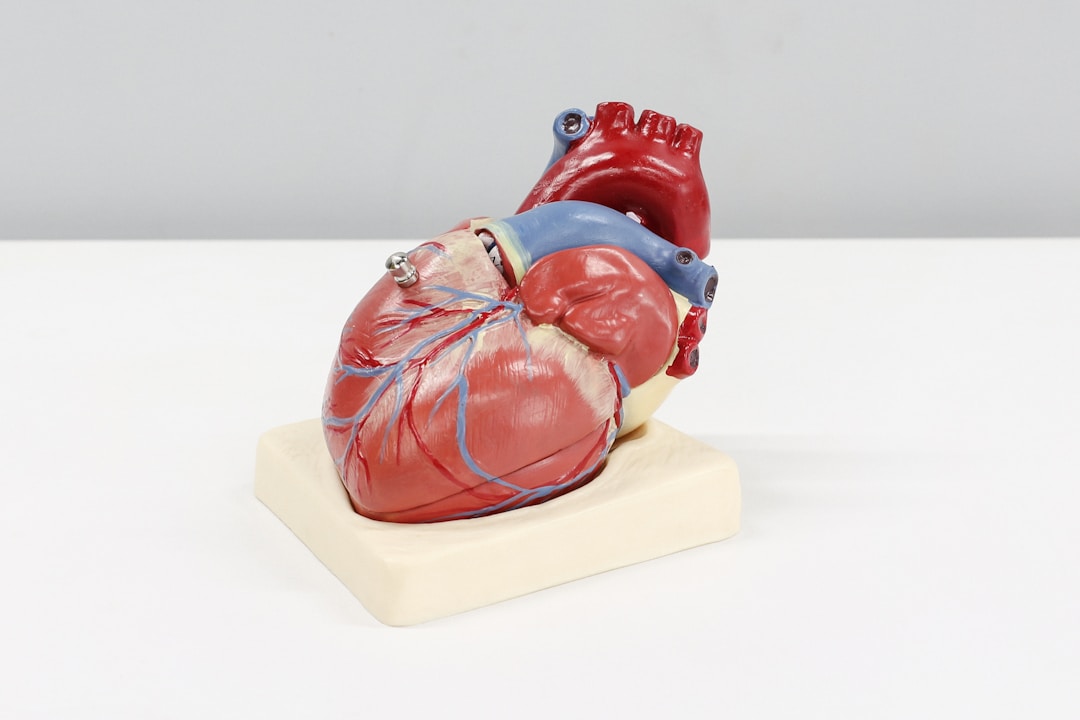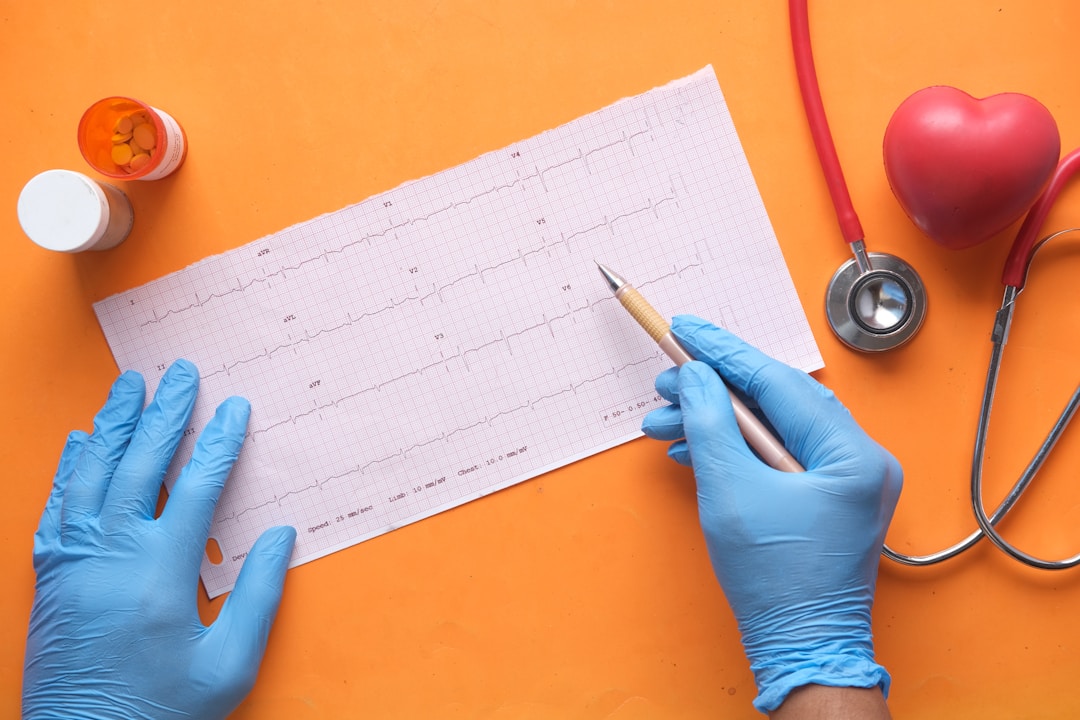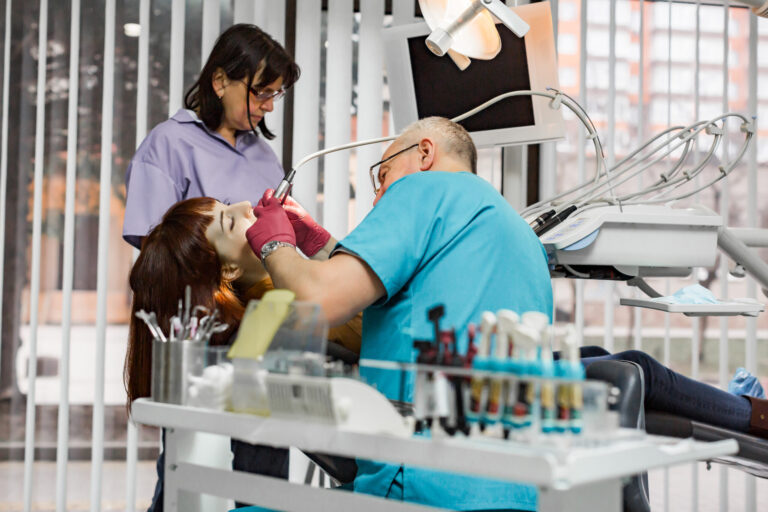Heart disease remains the leading cause of death worldwide, yet the field of cardiology has seen numerous major and life-saving advances in recent years. Many people don’t know much about these advances or how they can impact their daily lives, but they should take the time to learn. With breakthroughs in technology, risk prediction, pharmacology, and understanding of the disease itself, cardiac care has vastly improved for millions of patients. In this article, we explore some of the latest breakthroughs and what they mean for the future of cardiac care. If you’re interested in learning more, keep reading!
Understanding the Genetic Basis of Heart Disease

The advanced study of genetics has revolutionized our understanding of many diseases, including heart disease. We now know that many heart diseases have a genetic component. Some people are born with a higher risk of developing certain types of heart disease due to the genes they inherit from their parents.
No matter whether or not you have a family history that you’re aware of, seeing a cardiologist in Los Angeles can identify any risks that exist for you so that preventive measures can be taken. Regular visits to a cardiologist are needed for maintaining optimal heart health and preventing potential heart problems and diseases. During these regular appointments, they can perform a variety of tests such as EKGs (electrocardiograms), stress tests, and echocardiograms to evaluate your heart’s functionality and detect any potential abnormalities or signs of developing heart disease.
However, genetics is only one piece of the puzzle. Lifestyle factors such as diet, exercise, and smoking also play a crucial role in the development of heart disease. As such, comprehensive cardiac care must include both genetic testing and guidance in healthy lifestyle habits.
Advancements in Non-invasive Diagnostic Techniques
The field of cardiology has also seen progress in the area of non-invasive diagnostic techniques. These advancements have made it possible for healthcare professionals to diagnose and monitor heart disease without the need for invasive procedures, ultimately improving patient outcomes. One of the most meaningful of these advances is cardiac imaging, which involves using non-invasive techniques such as echocardiography, cardiac MRIs, and CT scans to visualize the heart and its structures.
With the aid of advanced imaging software, healthcare providers can obtain detailed images of the heart in real-time, enabling them to identify any abnormalities or signs of disease early. Today, the development of portable diagnostic devices has made it easy for patients to monitor their heart health at home. These devices, such as portable EKG machines, provide a convenient way for patients to record their heart rhythms and track any potential irregularities.
Innovations in Cardiac Surgery

Cardiac procedures have undergone a massive transformation over the past few years. Surgeons now have access to advanced technology that improves surgical precision and ultimately leads to better patient outcomes. One substantial development in cardiac surgery is robotic surgery. These systems allow for a minimally invasive approach, reducing the size of incisions and minimizing patient recovery time. This can reduce the risk of complications during surgery, while also improving the patient’s experience.
Another development in surgery is the use of transcatheter techniques for heart valve replacement and repair. These procedures are minimally invasive, requiring small incisions and using a catheter to deliver the replacement valve or perform the repair. As a result, they reduce recovery time and lower the risk of complications compared with traditional open surgery.
Progress in Pharmacotherapy
Pharmacology has been another area of considerable progress in cardiac care. Researchers have identified several newer classes of medications that have shown tremendous promise in the management of cardiovascular diseases. A notable breakthrough is the development of drugs that reduce the risk of heart failure. For example, medications such as sacubitril or valsartan have been shown to decrease the rate of heart failure hospitalizations and death from cardiovascular causes in patients with chronic heart failure.
Statins, a class of lipid-lowering medications, have also been improved over the years. Newer generations of these drugs are even better at lowering cholesterol levels and reducing the risk of heart disease. Also significant in the field of pharmacology is the development of novel antiplatelet and anticoagulant drugs that are remarkably effective in preventing stroke and heart attacks in high-risk patients.
Advances in Telemedicine for Cardiac Care

Over the past few years, telemedicine has reshaped the landscape of healthcare, including the field of cardiology. Utilizing the tools of telemedicine, healthcare providers can monitor patients remotely, giving those with heart disease greater access to healthcare professionals without leaving their homes. This change has been especially noteworthy over the past few years due to the COVID-19 pandemic. Many patients with heart disease have been able to continue their routine check-ups and consultations through telemedicine, ensuring the continuity of their care and minimizing their exposure risk.
This rapid adoption of telemedicine has highlighted its potential benefits for patients, and it looks likely to be a part of healthcare moving forward. For example, through telemedicine, cardiologists can provide immediate consultation for patients, providing prompt advice and treatment without the need for hospitalization. Telemedicine seems to be here to stay and that will be a game-changer for patients both now and in the future.
Understanding the Role of Lifestyle in Cardiac Health

As we better understand the causes of heart disease, the influence of lifestyle factors has become clear. Your lifestyle plays a role in your cardiac health. It is no secret that a well-balanced lifestyle can lower your risk of developing heart disease. Making healthy choices in various aspects of your life, such as diet, exercise, stress management, and sleep, can greatly contribute to the health of your heart.
Consuming a diet rich in fruits, vegetables, whole grains, and lean proteins can lower your risk of heart disease. Avoiding foods that are high in saturated and trans fats, sodium, and cholesterol is equally important. A diet high in these unhealthy components can raise your blood cholesterol levels, clog your arteries, and lead to high blood pressure, which increases the risk of heart disease. Regular exercise is another vital factor in maintaining a healthy heart.
Stress management also plays a role in cardiac health. Chronic stress has been linked to an increased risk of heart disease. Engaging in activities such as yoga, meditation, deep breathing exercises, or engaging in a hobby you enjoy can reduce stress levels and promote heart health. Beyond that, getting enough quality sleep is essential for well-being, including heart health. Lack of sleep can lead to an increased risk of high blood pressure, obesity, and diabetes, all of which are risk factors for heart disease.
While these advances in cardiac care represent progress, there is still much work to be done. Research is continuing to drive developments in the understanding, prevention, and treatment of heart conditions. It is this research that will likely lead the future of cardiac care, ushering in an era of even better outcomes for patients. Moreover, as our healthcare systems become more integrated, patient care will become even more personalized with a collaborative approach involving various doctors. Overall, the progress made in cardiac care over recent years gives hope for the future. As technology continues to develop, and we gain a better understanding of heart disease, the potential for life-saving treatments only grows.





